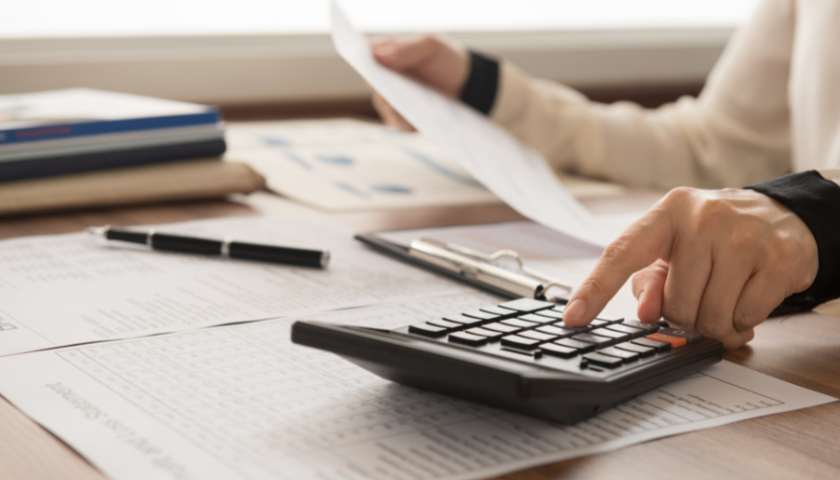Eating well, exercising regularly and getting a good night’s sleep all contribute to being mentally and physically healthy. But did you know that the state of your finances can also impact your overall health? Financial stress and money worries can lead to poor physical health as well as symptoms of anxiety and depression.
Know where you stand
One of the first steps toward healthy finances is to figure out where you stand financially. First, determine your net worth, which is everything you own less anything you owe, and keep an eye on it. Over your lifetime, you want your net worth to increase, by increasing assets and reducing debts. Second, calculate your monthly cash flow, making sure that what’s coming in is more than what’s going out.
Track spending & budget
Know how and where you spend your money by keeping track of it. You can use apps like Mint or YNAB, which will categorize and track your spending and then help you create a budget. You can also use it to set alerts to notify you of low account balances or if you’re approaching your budget in a specific category.
You may be surprised to discover that how you think you're spending your money is very different than how you're actually spending it. Once you discover your "latte factor", those little indulgences and the wasteful spending that can really add up without you noticing, you can focus on those categories as places to cut back or eliminate excessive spending. Bringing more awareness to your spending may also lead to better choices going forward. In fact, mindful spending and minimalism are catching on and becoming more popular.
Bring some discipline to your finances
Try to establish healthy financial habits that will serve you for the rest of your life:
- Pay your bills on time. You can set up automatic payments from your chequing account or credit card for many recurring bills, such as internet, cell phone, insurance, gas and electricity.
- Maintain enough money in your account to avoid NSF (non-sufficient funds) fees and overdraft interest.
- Learn to delay gratification and save for major purchases, like a vacation, rather than putting them on your credit without a plan for paying off the balance quickly.
- Pay off your credit card balance in full every month.
- File and pay your income taxes on time every year. Try using online tax filing software, which is both accurate and convenient.
Pay yourself first
Finally, one of the best habits to establish early in life is to “pay yourself first” and make it automatic. Setting up an automatic transfer from your chequing to a separate savings or investment account forces you to save first and spend what’s left. You can even set up multiple accounts to save for different goals. For example, you can use using a Tax Free Savings Account (TFSA) to save for a down payment on your first home using or a Registered Retirement Savings Plan (RRSP) to save for retirement.

